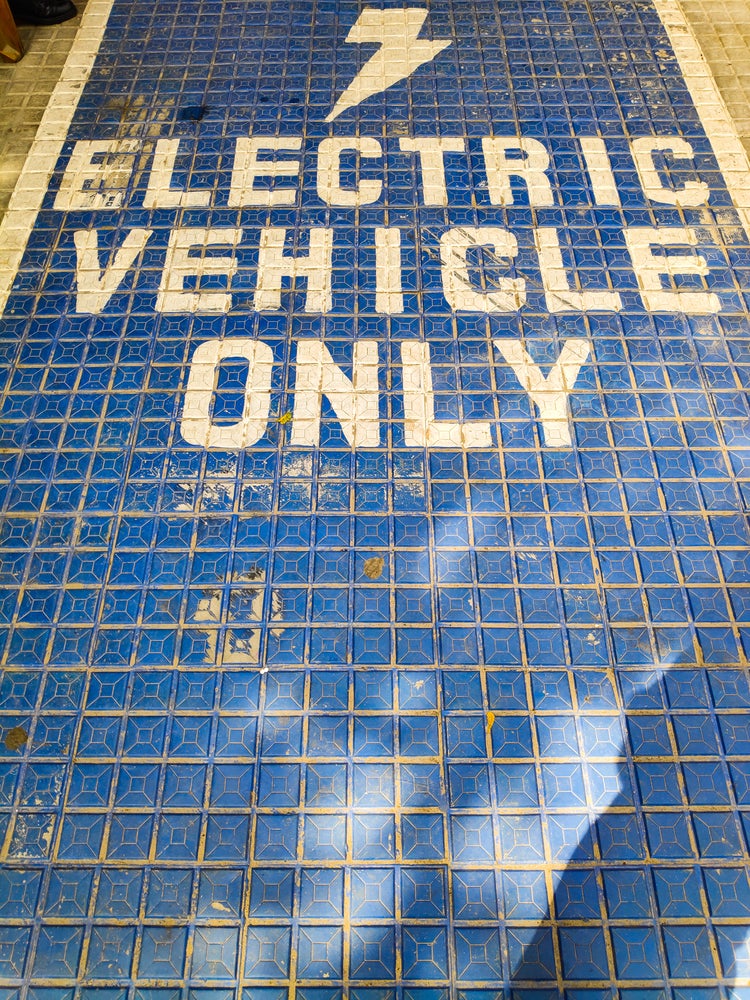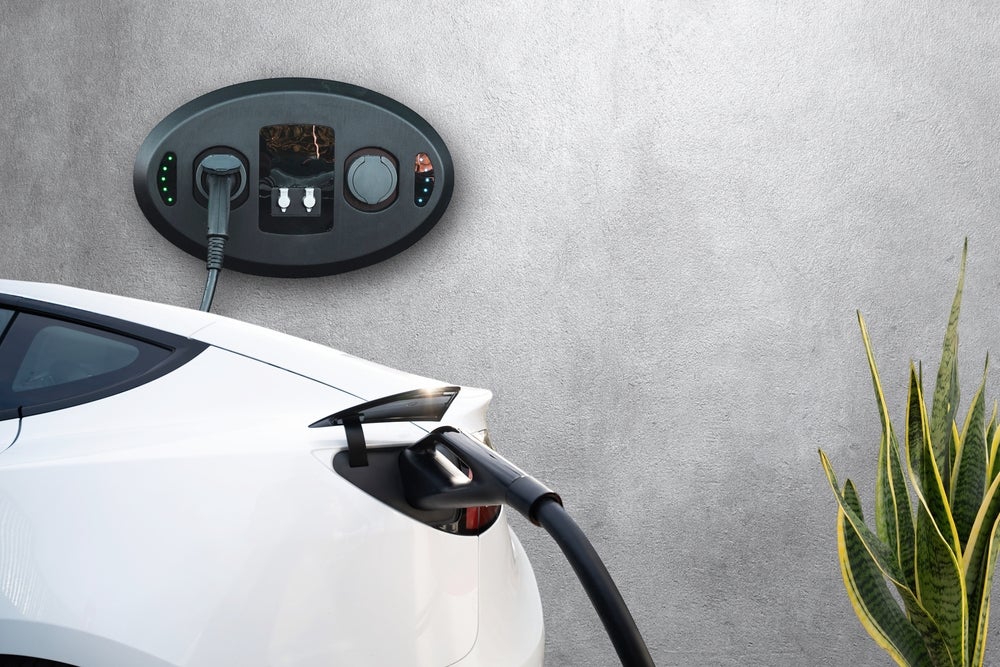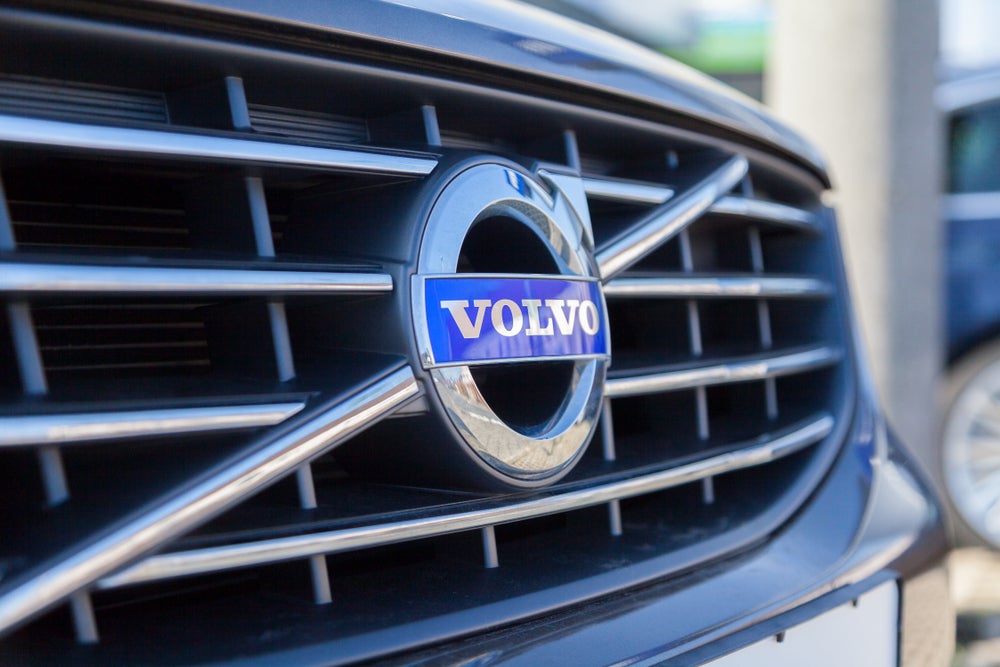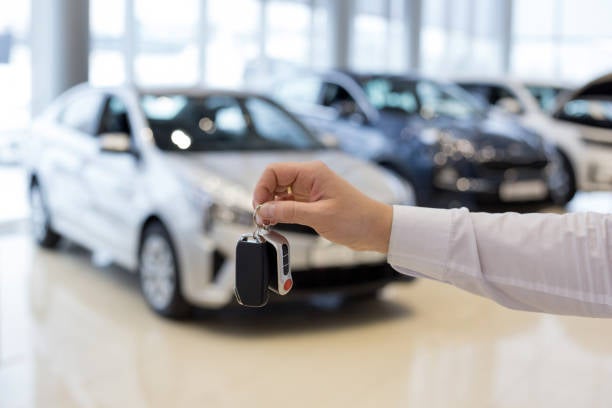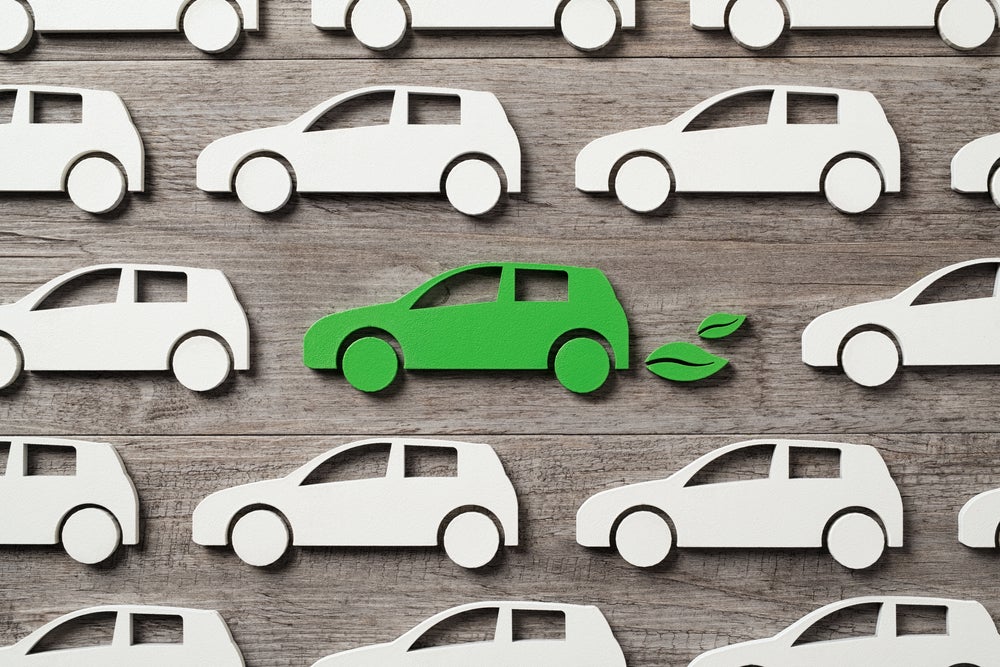
Research carried out for Kwik Fit reveals the immediate impact of the Government’s delay on banning the sale of new petrol or diesel cars. In the week prior to Rishi Sunak’s announcement that the ban would be pushed back from 2030 to 2035, 42% of drivers planning to buy a new car said they expected it to be a low-emissions vehicle.
Following the announcement, the car servicing and repair company asked drivers the same question. Kwik Fit’s researchers found that the proportion planning to opt for a low-emissions vehicle has now dropped back to 38%.
The figures indicate that the number of car buyers planning to choose an EV or hybrid has dropped by more than two million since the ban has moved from 2030 to 2035.
Kwik Fit has been tracking the number of British drivers intending to buy an electric vehicle (EV) on an annual basis and so its researchers were able to assess the instant reaction to the announcement. The number of drivers planning to make the switch to EV or hybrid has been steadily increasing since 2020 when 33% of drivers said they would move away from petrol or diesel for their next vehicle. In 2021 that rose to 37%, for the first time outstripping those sticking with petrol or diesel.3
The proportion rose again in 2022 to 42%, and figure that had stayed steady in this year’s study, until the decrease to 38% following the Government’s announcement. In contrast, the proportion of drivers who plan to change their car and expect it to be purely petrol or diesel rose from 34% before the Prime Minister revealed the delay on new sales, to 36% afterwards.
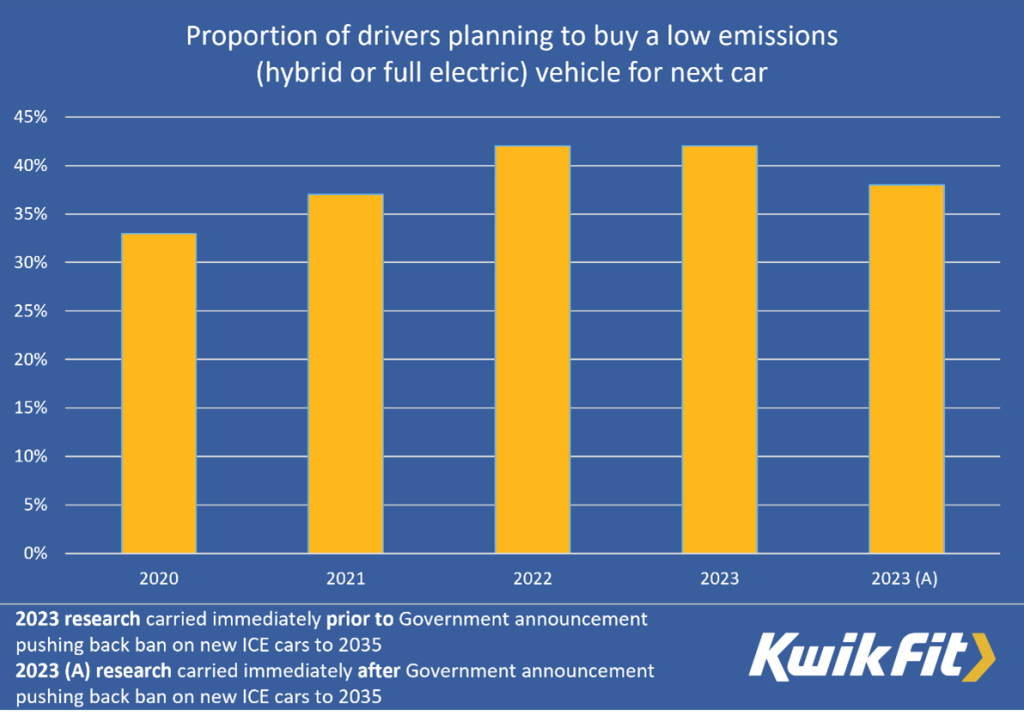
The researchers also asked drivers about other impacts of pushing back the ban on new sales of petrol and diesel cars to 2035. 46% of all drivers now won’t consider buying an electric car until after 2035. 43% said that when the ban on new petrol and diesel cars comes into effect in 2035 they will just buy second-hand petrol or diesel.
How well do you really know your competitors?
Access the most comprehensive Company Profiles on the market, powered by GlobalData. Save hours of research. Gain competitive edge.

Thank you!
Your download email will arrive shortly
Not ready to buy yet? Download a free sample
We are confident about the unique quality of our Company Profiles. However, we want you to make the most beneficial decision for your business, so we offer a free sample that you can download by submitting the below form
By GlobalDataKwik Fit’s research found that there was also some scepticism of the real-world impact of the government’s announcement – 44% of drivers said it would not make any noticeable difference as the car manufacturers will stop making new petrol and diesel cars by 2030 anyway. Some drivers saw a silver lining in terms of the cost of vehicles. 38% said the announcement made them more likely to buy a second-hand EV as they thought the demand would drop following the announcement and prices would come down.
While Rishi Sunak stated when making the announcement that he was still committed to Net Zero, 49% of drivers believe that the decision to delay the ban will make it harder for the UK to meet its carbon emission targets, with just 19% disagreeing that it would.
Roger Griggs, communications director at Kwik Fit, said: “There has been a clear change in drivers’ plans following the Government pushing the ban on sales of new petrol or diesel-powered cars back to 2035. Kwik Fit has been tracking drivers’ car-buying plans since the 2030 ban was announced. To this point, we have consistently seen increasing numbers of drivers planning to switch to a low-emission vehicle for their next car, so this is a significant shift in attitude.”
“Clearly the automotive sector is a very dynamic one, and with more EV models becoming available in both the new and used market, it’s likely that more drivers will consider making the shift as they become familiar with EVs at close quarters. However, it’s obvious that the car parc of the UK will be a mix of ICE, hybrid and EVs for many years to come, so it’s vital that drivers are supported in making sure their car runs as efficiently as possible for the long term, whatever type of fuel it uses.”
Consumer Duty: Independent dealers will need to adopt a behavioural shift



